Proper Workout Nutrition Tips to Have Your Best Season Yet
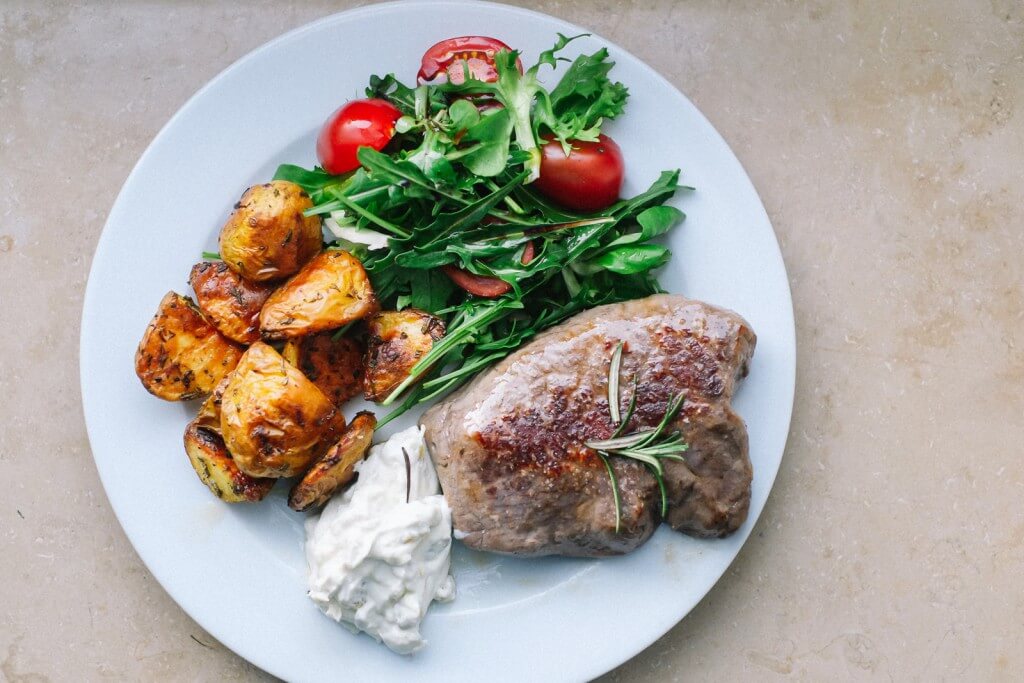
By Isabelle Robuck, Swimming World College Intern.
There are a myriad of reasons to maintain a proper diet when working out. Eating nutritious foods allows for maximum performance in the water and fuels all throughout a workout. Post workout, eating well helps for muscle recovery as well. Healthful foods help prevent muscle tissue breakdown and allow to muscle growth to occur. Before we can get to the building blocks, we must begin with a firm foundation. There are three types of essential nutrients for the body – fats, protein, and carbohydrates.
Fats
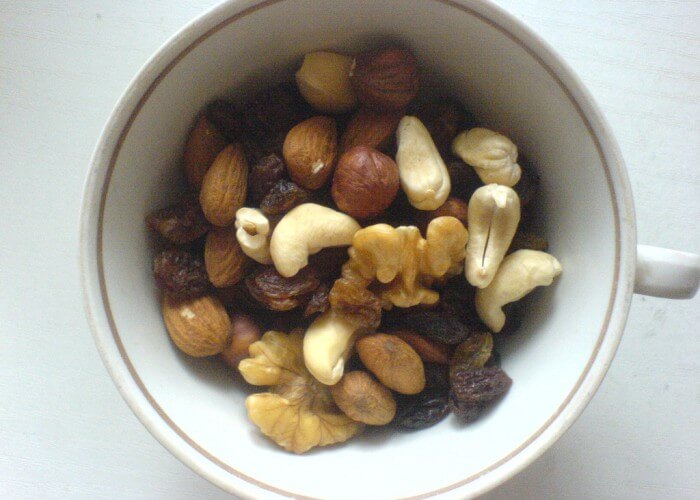
Photo Courtesy: Rusvaplauke, Flickr
What are fats? In general, fats are classified as unhealthy; however, some fats are beneficial and actually necessary for proper functioning. like dietary fats. Dietary fats are macronutrients found in food from plants and animals. Because fats are slowly digested and absorbed, they provide the body with energy throughout the day. Fat is a major source of energy, particularly at rest and in prolonged aerobic activity. It also helps you absorb vitamins A, D, E and K.
The healthier dietary fats include monounsaturated and polyunsaturated fats, while trans and saturated fats are best avoided, especially when working out. Trans fat is linked to heart disease and high levels of harmful cholesterol, while it is recommended to limit saturated fat to 10 percent of the diet to keep cholesterol in check.
When should you eat dietary fats? For pre-workout meals, it’s important to avoid foods with high fat content because fats are digested slowly and will cause a stomach ache. Healthy fats are usually best when digested around breakfast time, because they provide a steady stream of energy throughout the day.
Some dietary fats can include avocados, cheese, olive oil, eggs, fish and nuts.
Protein
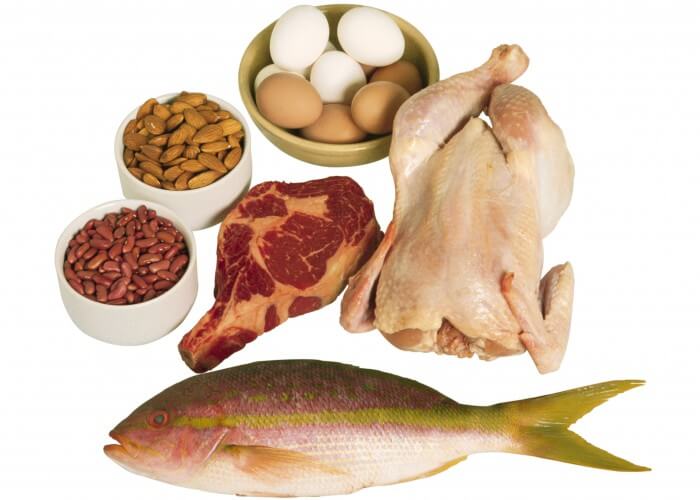
Photo Courtesy: Jessica Faissal
What is protein? Protein is essential for maintenance, growth and repair throughout the body via amino acids. Protein also slows the rate of digestions of carbs, which helps regulate body function and balance blood sugar levels.
When should you eat protein? Protein helps prevent muscle catabolism, or the breakdown of muscle tissue. Similarly, eating protein after a workout helps initiate muscle anabolism, which is recovery and growth of muscles. That being said, whether to eat protein before or after a workout varies from person to person and has its benefits on both ends.
Different types of proteins can include milk, eggs, soy, meat, fish, nuts and beans.
Carbohydrates
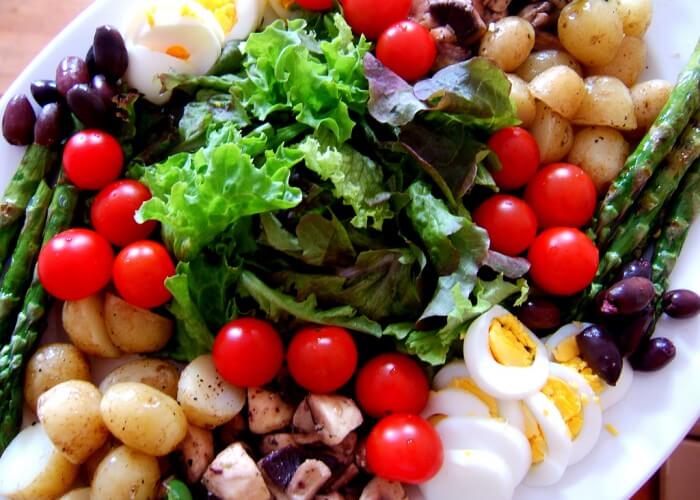
Photo Courtesy: Jessica Spengler, Flickr
What are carbohydrates? Carbohydrates, or carbs, are another major source of energy for the body. They break down into three different components: sugars, starches, and fibers. There are two different types of carbohydrates – simple carbs and complex carbs. Although they accomplish the same task, each digest and affect the body differently.
When should you eat carbs?
Simple carbs, or simple sugars, are best eaten 30 minutes to an hour before a workout because they provide the body with fast-burning fuel. Simple carbs include raw sugar, brown sugar, corn syrup, glucose and fruit juice.
Complex carbs, containing fiber and other nutrients, tend to digest more slowly. They are best ingested two to three hours before a workout to provide a consistent, slow-releasing source of energy. Unfortunately, carbohydrates are not an unlimited source and need to be refilled. Thus, complex carbs can include fruits, vegetables, whole grain bread, cereal, and rice.
Now that we have a foundation, what should your meal consist of?
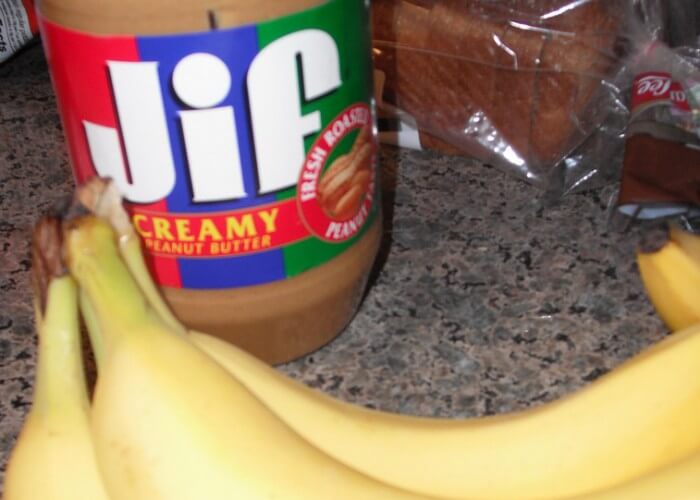
Photo Courtesy: Chelsey Baldock
Pre-workout
No matter what, carbs are extremely important to ingest, both before and after working out. They’re the main source of energy for the body, particularly during intense training. Before a workout, eating healthy complex carbs about two to three hours before working out will help maximize energy and up your ability to burn more calories. A good pre-workout meal will also include a little protein to slow the absorption of carbs and make you feel full, such as a protein shake or sandwich and some fruit.
If your workout is to begin in an hour or less, steer clear of complex carbs and keep it simple with some Greek yogurt, a granola bar or a banana. The key is to keep it light on our stomach but fuel up well enough to energize before the workout without creating any sort of discomfort.
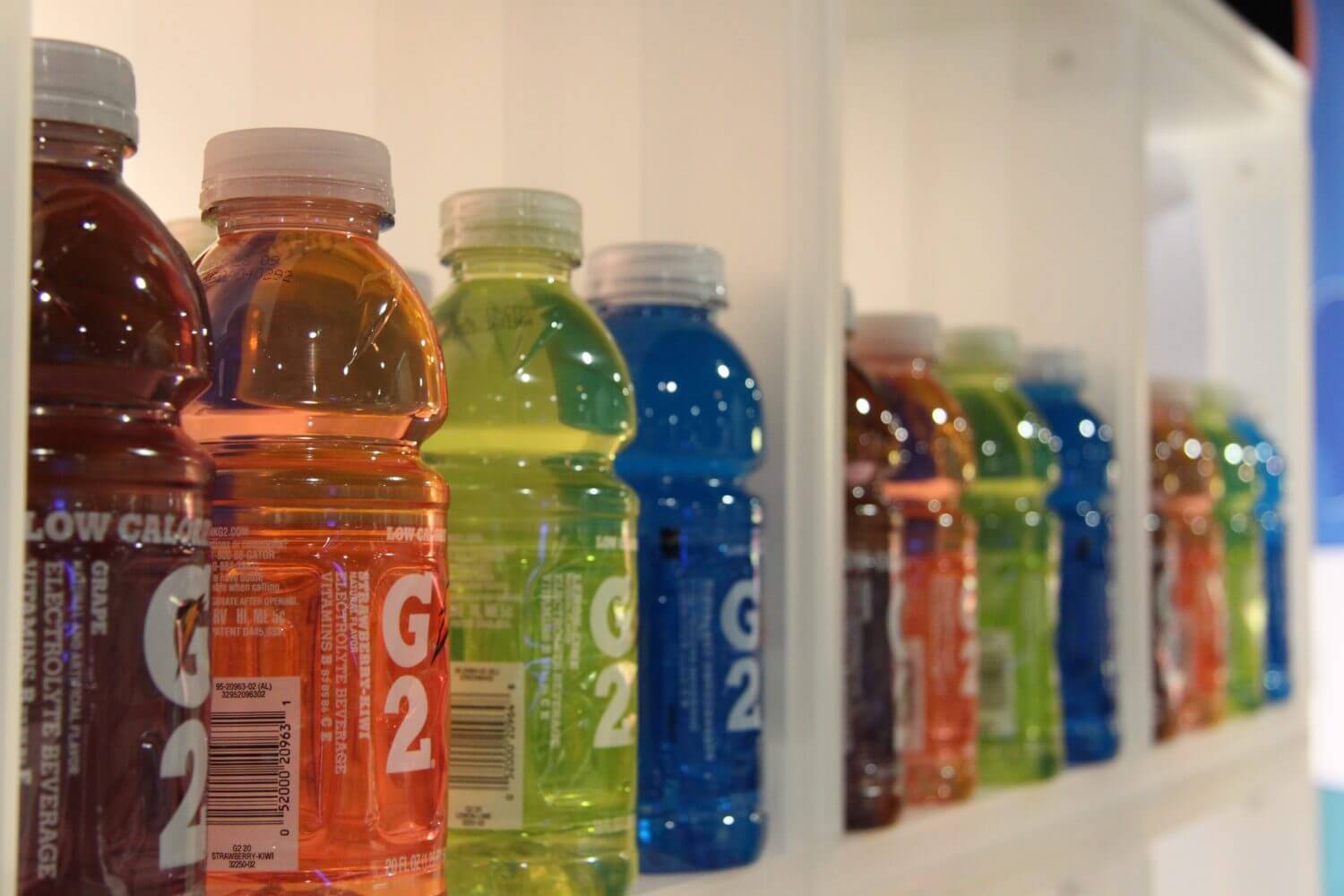
Photo Courtesy: Flickr
Mid workout
There’s no need to fuel with food for workouts under an hour long. For longer, higher intensity workouts, it’s important to try and eat small snacks with simple carbs to regenerate energy quickly. This could include dried fruits or an energy bar.
Although water is a main form of hydration among athletes, Gatorade and other sports drinks contain sugar and electrolytes that help replace all that you lose during long practices or outdoor workouts. While carbs help replenish energy, sports drinks help rehydrate and balance the body’s fluid.
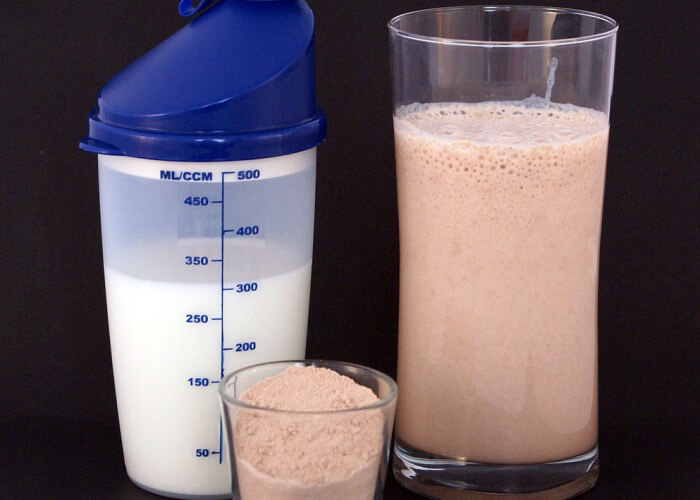
Photo Courtesy: Wikimedia
Post Workout
In order for the body to recover, eating the rights foods before, during and after a workout helps restore the body in the most efficient way. After a workout, load up on carbs and protein. Because we burn so much, ingesting carbs 20 minutes to an hour after a workout helps restore the energy we’ve lost. This can include a pasta or rice, vegetables or fruit, and milk.
Protein is another important part of post workout meals. In order to help restore and rebuild broken-down muscles, the body needs a solid source of protein. This can include protein powder, eggs, meat and fish.
When it comes down to it, you know how your body function when workout out, so do what works best for you! Everyone is different. How do you fuel up when workout out?
All commentaries are the opinion of the author and do not necessarily reflect the views of Swimming World Magazine nor its staff.



